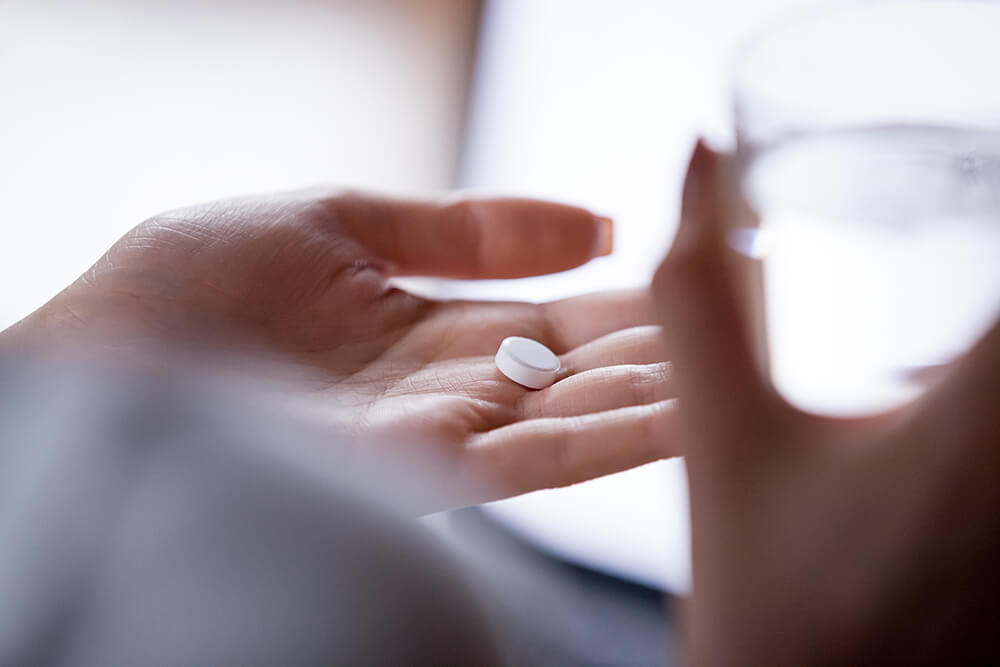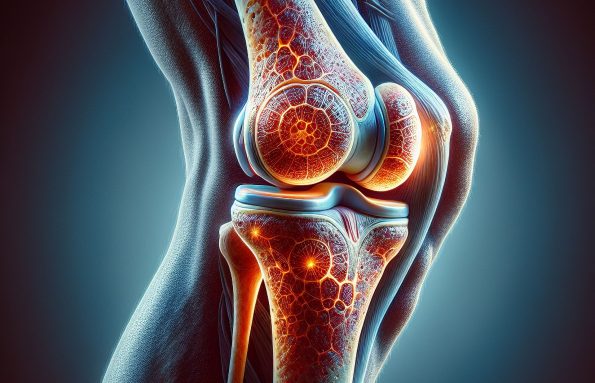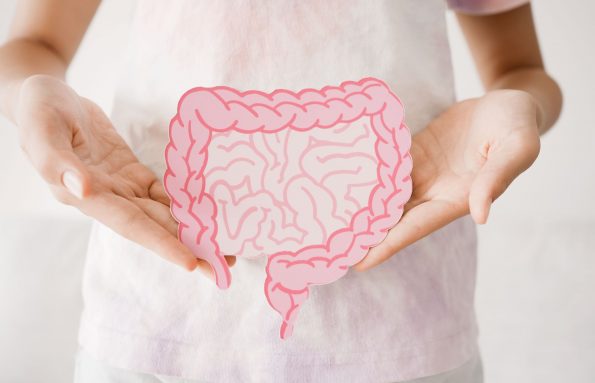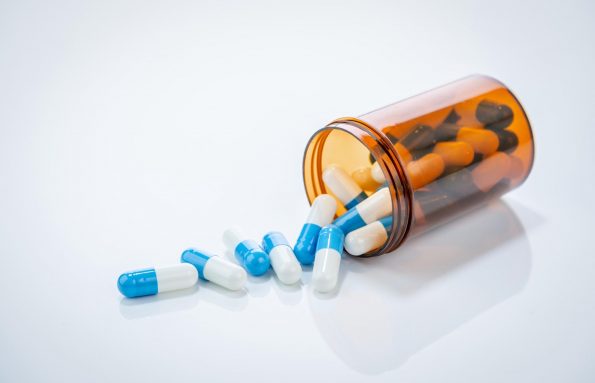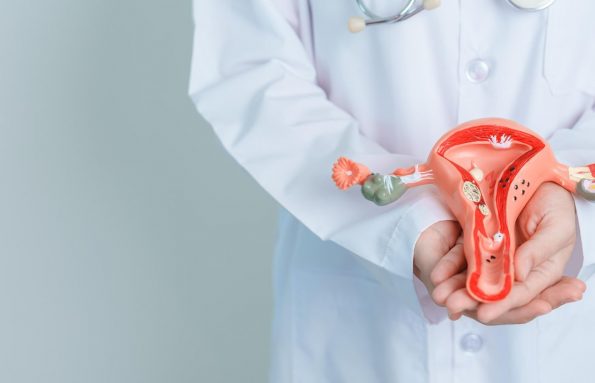Controlled medications are chemicals that are strictly regulated due to their potential for abuse or risk. Knowing
and respecting the guidelines surrounding them is essential for one’s own well-being and the well-being of others.
Here’s a concise guide to ensure that medications are used and disposed of responsibly.
Don’t share medication or take any from others
Sharing medications or taking someone else’s prescription can be dangerous, as individual health conditions and
reactions vary.
Follow your doctor’s orders
Don’t exceed the recommended dosage of your medication, as this can cause harmful side effects. It is important to
understand that your doctor’s advice is tailored to your health needs; if you want to adjust your dosage, consult
with them first.
Don’t mix medication with alcohol
Alcohol consumption must be avoided while on
controlled medication, as it can increase side effects and cause adverse
reactions.
Read labels and pharmacist instructions
Always follow the instructions on the medication label and any additional advice provided by your pharmacist. They
provide important information on storage, side effects, and safety.
Ask your doctor before mixing medications
If you’re taking
controlled medications with another medication, consult your doctor first, as interactions can be
harmful.
Take precautions while driving
The effects of some
controlled medications can make you drowsy, so you should avoid driving or operating heavy
machinery when taking them.
Three-day validity of prescription
The prescription of
controlled medications are valid to be dispensed within three days from the date of prescribing,
the three day period includes the prescribing day as day one.
Identification and documentation
Be prepared to provide any necessary documentation, when obtaining
controlled medications, and always carry your
Emirates ID.
Safe disposal and returnssm
Ensure that expired or unused medications are disposed of responsibly. You should avoid flushing them in sink nor
toilet; instead, follow the proper disposal guidelines – solid medications can be mixed with undesirable substances
(like coffee grounds) then disposed in rubbish basket, whereas liquid medications can be absorbed by pouring over
paper towels inside a re-sealable plastic bag then disposed in rubbish basket. You can return unused medications to
designated collection points through initiatives like the brown bag campaign.
The
controlled medication platform has been approved by the Ministry of Interior, ensuring strict compliance with
regulations. Individuals can promote the health and well-being of their communities by following these guidelines,
and by practicing safer and responsible medication use for themselves.

